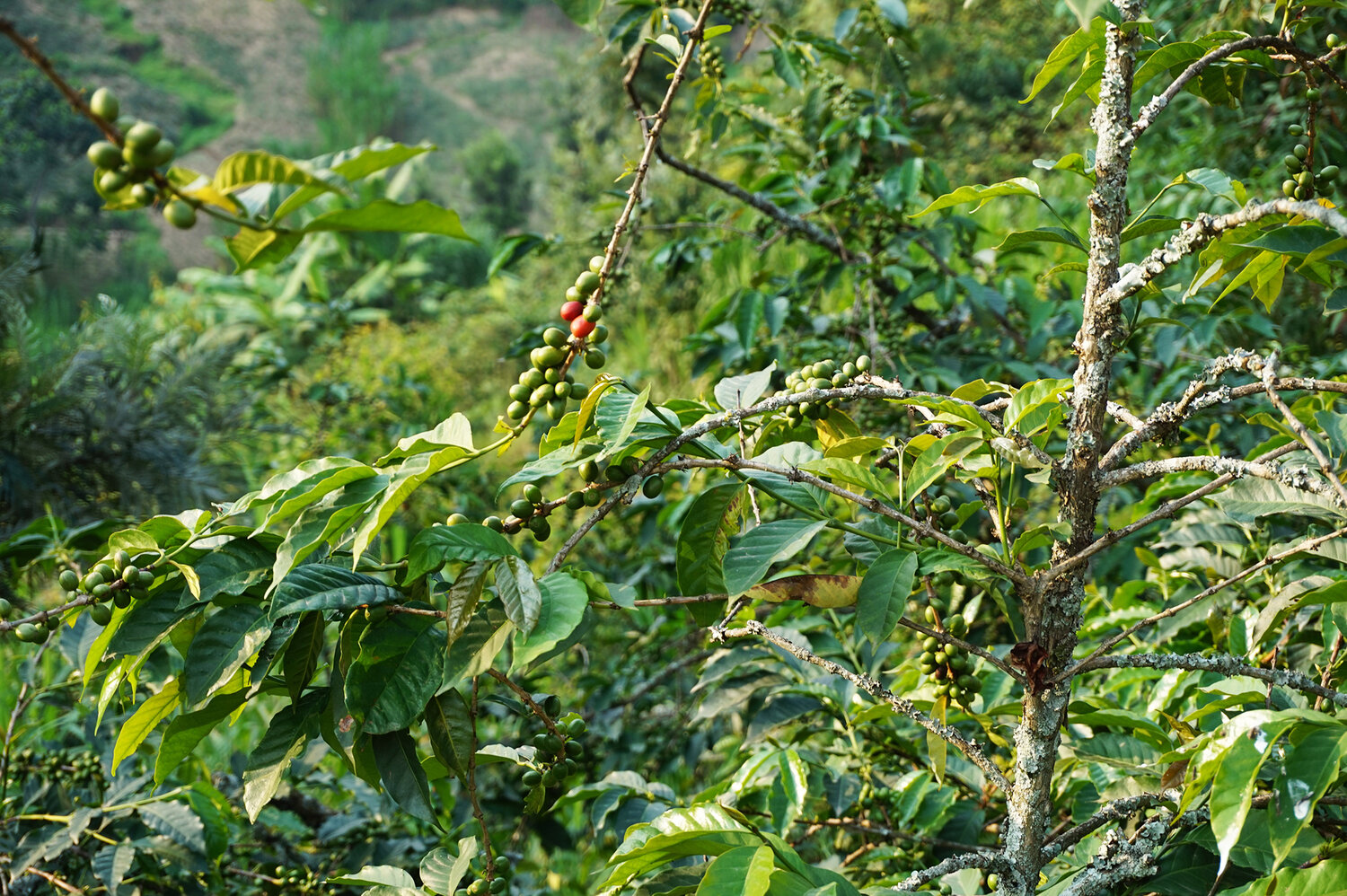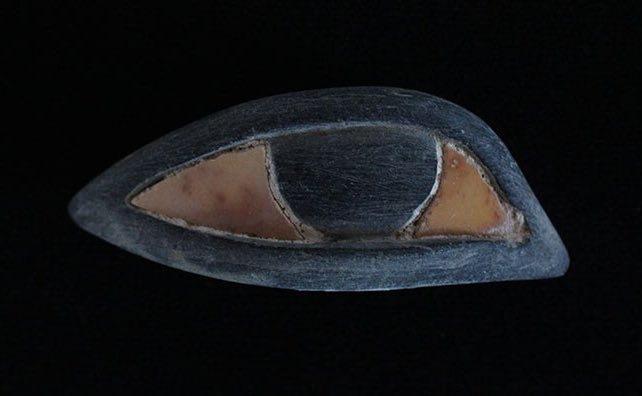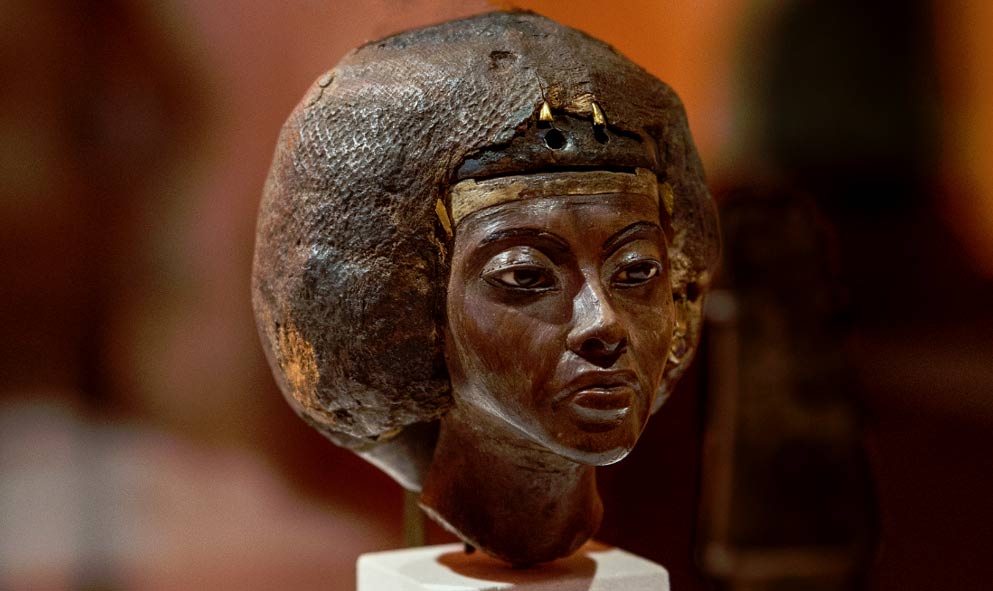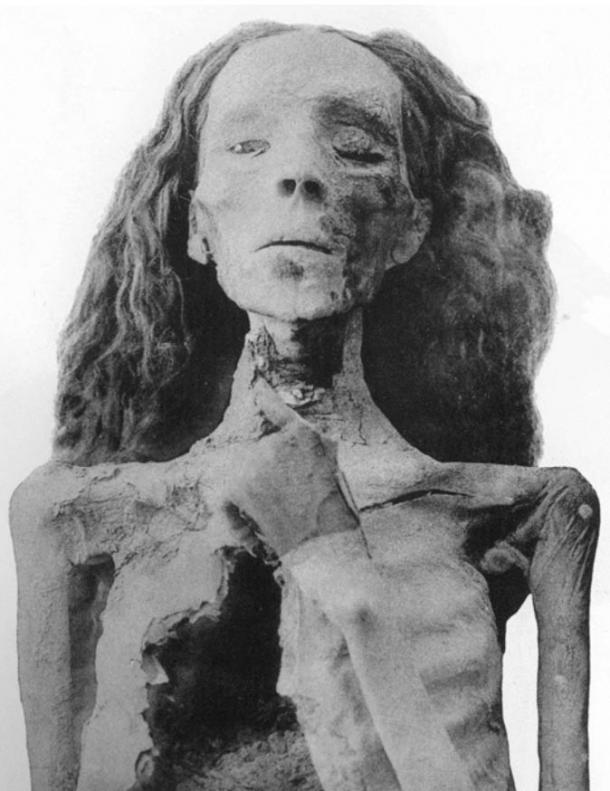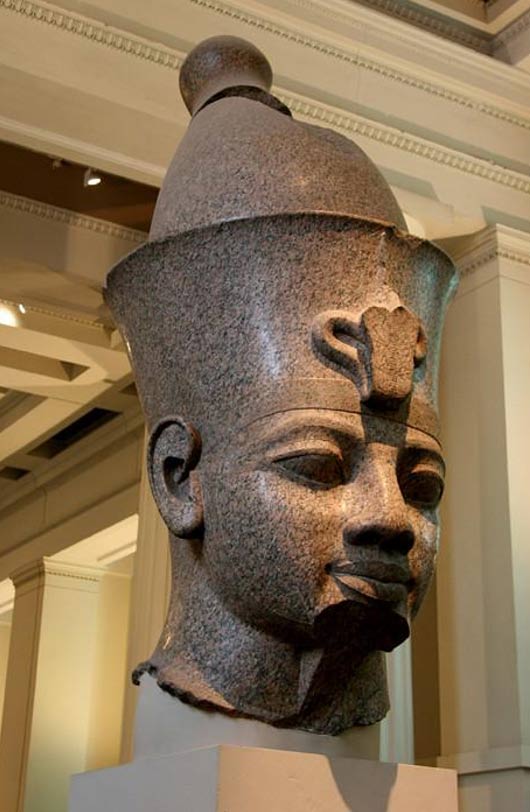Zuma battles to save presidency as dirt piles up and ANC warns of 'mafia state'; top party organ meets this weekend
17 MAR 2016 16:14MIKE COHEN, FRANZ WILD, BLOOMBERG
2200
While some ANC members want Zuma to go, his allies dominate the committee and he has shrugged off a succession of previous scandals. He will be looking for his proverbial ninth life this weekend. (Photo/ File)
JACOB Zuma faces a battle to save his presidency as ruling party leaders prepare for a showdown this weekend over a controversy engulfing the government that one top official said is threatening to turn South Africa into a “mafia state.”
The meeting of the African National Congress’s decision-making National Executive Committee comes after revelations that the Guptas, who are Zuma’s family friends and business partners of his son, offered ministerial posts to ruling party officials.
On Wednesday, Deputy Finance Minister Mcebisi Jonas said he rejected a proposal made personally by the Gupta brothers that he take over the finance ministry position.
“We need to deal with this; it will degenerate into a mafia state if this goes on,” ANC Secretary-General Gwede Mantashe told Bloomberg Thursday by phone. “The fact we are talking about this so boldly now shows that things are going to change.”
The country’s worst political crisis since the NEC recalled Thabo Mbeki as president in 2008 comes at a time when the economy is threatened with recession and hovering close to a junk credit rating, and just months before the country is due to hold municipal elections.
A failure by the ANC to deal decisively with the scandal could erode support for the party, which has won more than 60% of the vote since apartheid ended in 1994.
But counter-intutively, Jonas’ statement has already created some positive sentiment. South African bonds this week surged the most since December, a benchmark stock index climbed to a four-month high and the rand rallied for a second day as investors speculated Zuma’s grip on power is loosening.
South Africa’s economy is highly financialised; what happens in the financial markets has a large impact on the economy, and thus bond movements can be seen as a reliable indicator of the market mood.
‘Better chance’
“As [the revelations] are coming out more and more into the open, there’s a much better chance that the law will take its course and that the economy might start heading in the right direction,” Michele Santangelo, money manager at Vunani Private Clients, said by phone.
“There does seem to be quite a lot of positive moves from some of the ministers that are coming out and saying that they’ve been offered positions by the Gupta family.” The rand gained on Wednesday after Jonas released his statement, trading at 15.68 per dollar by 9:48 a.m. in Johannesburg on Thursday.
“This is a defining moment [for the ANC],” Barbara Hogan, a former minister of both health and public enterprises, said Thursday on Johannesburg-based Talk Radio 702. “This cannot be swept under the carpet.”
The NEC “has a historical mission like never before. It has to deal with this rot, it has to clear it out,” she said.
While some ANC members, including ex-treasurer Mathews Phosa and Ben Turok, the former head of the party’s ethics committee, want Zuma to go, his allies dominate the committee and he has shrugged off a succession of previous scandals.
“Zuma still has control of the majority of the members of the NEC and that’s what counts,” said Theo Venter, a political analyst at North-West University in Potchefstroom, near Johannesburg. “He will survive the week, but with less power than he had.”
While the government canceled its fortnightly post-Cabinet briefing that had been scheduled for Thursday, Zuma is due to respond to lawmakers’ questions in the National Assembly later in the day.
Jonas’s revelation about the finance minister “marks a grave threat to our country’s constitutional democracy,” Business Leadership South Africa, which represents the nation’s largest publicly traded companies, said in a statement.
Public feud
Finance Minister Pravin Gordhan is engaged in a public feud with the police over their investigation into the national tax agency, a probe Zuma has backed.
The Directorate for Priority Crime Investigation, a police unit known as the Hawks, on Tuesday said Gordhan, 66, missed two deadlines to answer questions relating to the tax agency that he led before 2009 and indicated it will force him to comply. Gordhan has described the Hawks’ statements as “threatening” and as harassment.
A series of scandals have shadowed Zuma’s political career. The former head of the ANC’s intelligence wing, he took office in May 2009 just weeks after prosecutors dismissed graft charges against him. Since then, he’s been accused of squandering taxpayers’ money on a 215-million rand ($13.7 million) upgrade of his private home and allowing the Guptas to use an air force base to transport guests to a wedding. He denies any wrongdoing.
Dissent over his stewardship of Africa’s most industrialized economy intensified in December when his decision to name little-known lawmaker as his finance minister in place of the respected Nhlanhla Nene sent the rand and stock and bond markets into a tailspin.
Four days later, Zuma reappointed Gordhan to the post that he’d held from 2009 to 2014, after coming under presser from ANC and business leaders.
While the ANC said it had confirmed the Guptas’ meeting with Jonas and took the allegations very seriously, the Guptas dismissed them as a fabrication.
“These latest allegations are just more political point scoring between rival factions within the ANC,” the family, which has built up a business empire ranging from computers and media to uranium mining, said in an e-mailed statement.
Jonas’ allegation came a day after Vytjie Mentor, the chairwoman of the parliament’s portfolio committee on public enterprises until 2010, said in a Facebook post that the Guptas family offered her the job of public enterprises minister in the past, while Zuma was in their house. The presidency said Zuma had “no recollection” of Mentor and can’t comment on her allegations.
Body blows, no knock-out
Small Business Development Minister Lindiwe Zulu, who sits on the NEC, defended the Guptas. “They can make whatever offer they want,” she said. “What’s wrong with that? It’s not their power to appoint people.”
Zuma’s lawyer, Michael Hulley, said while Zuma hasn’t contacted him regarding Jonas’s statement, the president had nothing to answer for because his name wasn’t mentioned. Zuma’s spokesman Bongani Majola didn’t answer calls to his mobile phone.
“Zuma has been hammered by a lot of body blows, but no knock-out punch has been delivered yet,” Daniel Silke, director of Cape Town-based Political Futures Consultancy, said by phone. “There will be a long, messy process as more members of the ANC come out to express their dissatisfaction over the issue of the Guptas and state capture, but they won’t recall him as they did with Thabo Mbeki. It would be too embarrassing.”
Zuma battles to save presidency as dirt piles up and ANC warns of 'mafia state'; top party organ meets this weekend
17 MAR 2016 16:14MIKE COHEN, FRANZ WILD, BLOOMBERG
2200

While some ANC members want Zuma to go, his allies dominate the committee and he has shrugged off a succession of previous scandals. He will be looking for his proverbial ninth life this weekend. (Photo/ File)
JACOB Zuma faces a battle to save his presidency as ruling party leaders prepare for a showdown this weekend over a controversy engulfing the government that one top official said is threatening to turn South Africa into a “mafia state.”
The meeting of the African National Congress’s decision-making National Executive Committee comes after revelations that the Guptas, who are Zuma’s family friends and business partners of his son, offered ministerial posts to ruling party officials.
On Wednesday, Deputy Finance Minister Mcebisi Jonas said he rejected a proposal made personally by the Gupta brothers that he take over the finance ministry position.
“We need to deal with this; it will degenerate into a mafia state if this goes on,” ANC Secretary-General Gwede Mantashe told Bloomberg Thursday by phone. “The fact we are talking about this so boldly now shows that things are going to change.”
The country’s worst political crisis since the NEC recalled Thabo Mbeki as president in 2008 comes at a time when the economy is threatened with recession and hovering close to a junk credit rating, and just months before the country is due to hold municipal elections.
A failure by the ANC to deal decisively with the scandal could erode support for the party, which has won more than 60% of the vote since apartheid ended in 1994.
But counter-intutively, Jonas’ statement has already created some positive sentiment. South African bonds this week surged the most since December, a benchmark stock index climbed to a four-month high and the rand rallied for a second day as investors speculated Zuma’s grip on power is loosening.
South Africa’s economy is highly financialised; what happens in the financial markets has a large impact on the economy, and thus bond movements can be seen as a reliable indicator of the market mood.
‘Better chance’
“As [the revelations] are coming out more and more into the open, there’s a much better chance that the law will take its course and that the economy might start heading in the right direction,” Michele Santangelo, money manager at Vunani Private Clients, said by phone.
“There does seem to be quite a lot of positive moves from some of the ministers that are coming out and saying that they’ve been offered positions by the Gupta family.” The rand gained on Wednesday after Jonas released his statement, trading at 15.68 per dollar by 9:48 a.m. in Johannesburg on Thursday.
“This is a defining moment [for the ANC],” Barbara Hogan, a former minister of both health and public enterprises, said Thursday on Johannesburg-based Talk Radio 702. “This cannot be swept under the carpet.”
The NEC “has a historical mission like never before. It has to deal with this rot, it has to clear it out,” she said.
While some ANC members, including ex-treasurer Mathews Phosa and Ben Turok, the former head of the party’s ethics committee, want Zuma to go, his allies dominate the committee and he has shrugged off a succession of previous scandals.
“Zuma still has control of the majority of the members of the NEC and that’s what counts,” said Theo Venter, a political analyst at North-West University in Potchefstroom, near Johannesburg. “He will survive the week, but with less power than he had.”
While the government canceled its fortnightly post-Cabinet briefing that had been scheduled for Thursday, Zuma is due to respond to lawmakers’ questions in the National Assembly later in the day.
Jonas’s revelation about the finance minister “marks a grave threat to our country’s constitutional democracy,” Business Leadership South Africa, which represents the nation’s largest publicly traded companies, said in a statement.
Public feud
Finance Minister Pravin Gordhan is engaged in a public feud with the police over their investigation into the national tax agency, a probe Zuma has backed.
The Directorate for Priority Crime Investigation, a police unit known as the Hawks, on Tuesday said Gordhan, 66, missed two deadlines to answer questions relating to the tax agency that he led before 2009 and indicated it will force him to comply. Gordhan has described the Hawks’ statements as “threatening” and as harassment.
A series of scandals have shadowed Zuma’s political career. The former head of the ANC’s intelligence wing, he took office in May 2009 just weeks after prosecutors dismissed graft charges against him. Since then, he’s been accused of squandering taxpayers’ money on a 215-million rand ($13.7 million) upgrade of his private home and allowing the Guptas to use an air force base to transport guests to a wedding. He denies any wrongdoing.
Dissent over his stewardship of Africa’s most industrialized economy intensified in December when his decision to name little-known lawmaker as his finance minister in place of the respected Nhlanhla Nene sent the rand and stock and bond markets into a tailspin.
Four days later, Zuma reappointed Gordhan to the post that he’d held from 2009 to 2014, after coming under presser from ANC and business leaders.
While the ANC said it had confirmed the Guptas’ meeting with Jonas and took the allegations very seriously, the Guptas dismissed them as a fabrication.
“These latest allegations are just more political point scoring between rival factions within the ANC,” the family, which has built up a business empire ranging from computers and media to uranium mining, said in an e-mailed statement.
Jonas’ allegation came a day after Vytjie Mentor, the chairwoman of the parliament’s portfolio committee on public enterprises until 2010, said in a Facebook post that the Guptas family offered her the job of public enterprises minister in the past, while Zuma was in their house. The presidency said Zuma had “no recollection” of Mentor and can’t comment on her allegations.
Body blows, no knock-out
Small Business Development Minister Lindiwe Zulu, who sits on the NEC, defended the Guptas. “They can make whatever offer they want,” she said. “What’s wrong with that? It’s not their power to appoint people.”
Zuma’s lawyer, Michael Hulley, said while Zuma hasn’t contacted him regarding Jonas’s statement, the president had nothing to answer for because his name wasn’t mentioned. Zuma’s spokesman Bongani Majola didn’t answer calls to his mobile phone.
“Zuma has been hammered by a lot of body blows, but no knock-out punch has been delivered yet,” Daniel Silke, director of Cape Town-based Political Futures Consultancy, said by phone. “There will be a long, messy process as more members of the ANC come out to express their dissatisfaction over the issue of the Guptas and state capture, but they won’t recall him as they did with Thabo Mbeki. It would be too embarrassing.”
Zuma battles to save presidency as dirt piles up and ANC warns of 'mafia state'; top party organ meets this weekend







